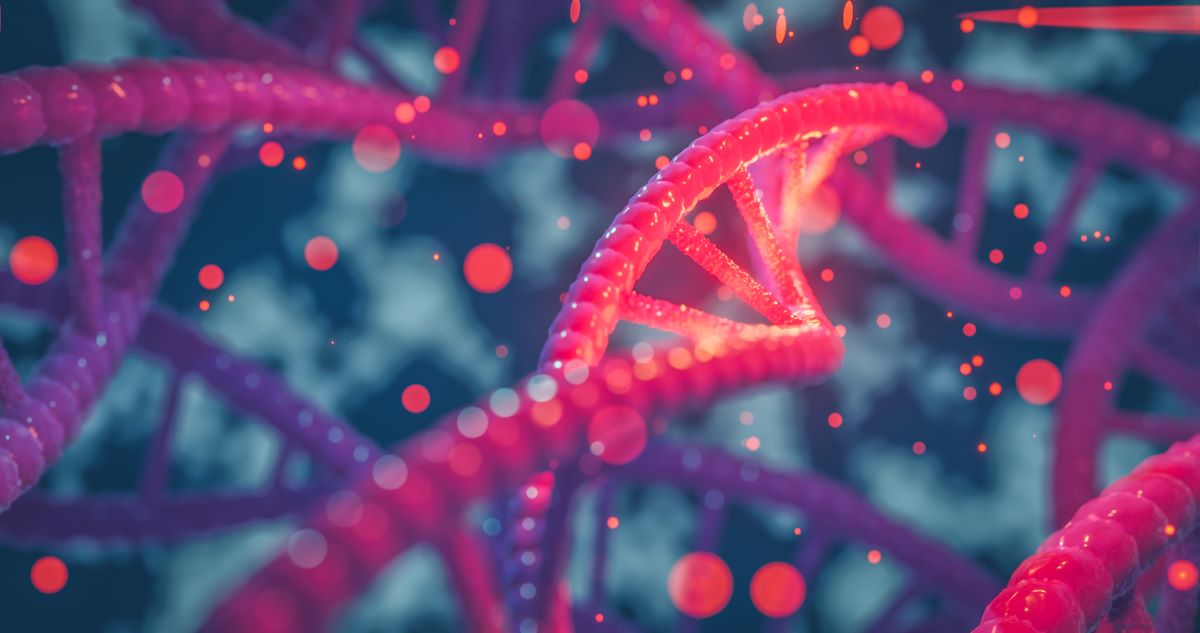
Netherlands-based gene therapy developer uniQure has announced the results of a comprehensive investigation into the case of hepatocellular carcinoma (HCC) diagnosed in one patient in the HOPE-B pivotal trial of the firm’s haemophilia B gene therapy, etranacogene dezaparvovec.
The results of the investigation, which included multiple analyses carried out by an independent laboratory and reviewed by external experts, found that it was “highly unlikely” that the liver cancer was caused by etranacogene dezaparvovec.

Discover B2B Marketing That Performs
Combine business intelligence and editorial excellence to reach engaged professionals across 36 leading media platforms.
The investigations came after the FDA placed a clinical hold on the trial programme in December 2020 after HCC was discovered in a single patient in the pivotal HOPE-B trial of etranacogene dezaparvovec during a routine abdominal ultrasound conducted as part of the required study assessments in patients at one year post-dosing.
uniQure said investigations of the incident show that AAV vector integration in the patient’s tissue sample was “extremely rare” and accounted for 0.027% of the cells in the sample. The integration events were distributed randomly across the genome with no signs of clonal expansion or any dominant integration event.
After whole-genome sequencing of the tumour, it was observed that the patient had several genetic mutations characteristic of HCC unrelated to vector integration.
Gene expression investigation of the tumour and neighbouring tissue indicate a precancerous state in the liver that correlates with several risk factors that predisposed the patient to HCC, including a 25-year history of hepatitis C (HCV) and history of hepatitis B (HBV), which have been associated with approximately 80% of HCC cases, according to uniQure.

US Tariffs are shifting - will you react or anticipate?
Don’t let policy changes catch you off guard. Stay proactive with real-time data and expert analysis.
By GlobalDataThe patient was also elderly, had a history of smoking, showed evidence of non-alcoholic fatty liver disease and had a familial history of cancer.
“This investigation has employed several complementary genomic approaches to evaluate the involvement of the AAV vector in the development of the liver cell cancer in this patient,” said David Lillicrap, professor of the Department of Pathology and Molecular Medicine at Queen’s University in Kingston, Canada.
“The investigations that have been performed have shown no evidence to suggest that the AAV vector delivered in the HOPE-B study has played a pathogenic role in the hepatocellular cancer that has now been diagnosed in the patient.”
“The external lab analyzed more than 220,000 cells from the tissue sample and identified 60 cells with random integration events that have no known association with the development of HCC,” said uniQure president of research and development Ricardo Dolmetsch.
“Moreover, whole-genome sequencing of the tumour showed that this patient had large abnormalities on chromosomes 1 and 8 that are commonly associated with HCC, as well as mutation of TP53 and several other potentially oncogenic genes.”
The company affirmed that all participants in its haemophilia B gene therapy program, including the 54 patients in the HOPE-B trial, have now undergone abdominal ultrasounds one year after receiving treatment and will continue to be monitored by their care teams.
uniQure reported that no other cases of HCC have been discovered in clinical trials carried out in over 100 patients in haemophilia B and other indications, with some patients dosed more than 10 years ago.
“Patient safety will always be our top priority, and we are prepared to discuss with the FDA the recently submitted analyses and the status of the clinical hold as expeditiously as possible,” said uniQure CEO Matt Kapusta. “As stated previously, we do not anticipate any impact to the HOPE-B pivotal study or our regulatory submission timeline as a result of the clinical hold.”
With concerns around its haemophilia gene therapy’s safety profile allayed, uniQure looks to be on track to continue development and testing. The biotech presented top-line data from the pivotal study in December, just before it was blocked by the FDA hold, showing that its patented etranacogene dezaparvovec therapy is linked to an 83% reduction in bleeding events in haemophilia B.
UniQure is set to publish more data in the second quarter of 2021.





